CySeP '15 Speakers
Nasir Memon (NYU, Polytechnic School of Engineering)
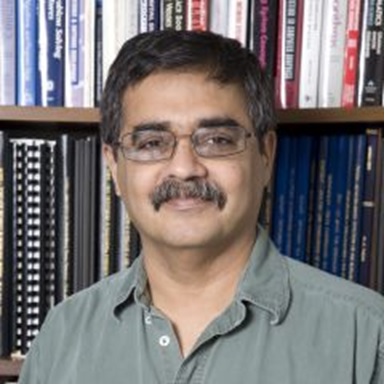 |
Nasir Memon is a professor in the Department of Computer Science and Engineering at NYU Polytechnic School of Engineering and the founder and director of the Information Systems and Internet Security (ISIS) laboratory (isis.poly.edu). He is the founding director of the Center for Interdisciplinary Studies in Security and Privacy (CRISSPhttp://engineering.nyu.edu/crissp/) , and CRISSP Abu Dhabi (http://nyuad.nyu.edu/en/research/nyuad-institute/institute-research/cris...) a collaborative initiative of multiple schools within NYU including NYU-Steinhardt, NYU-Wagner, NYU-Stern, and NYU-Courantas well as NYU Abu Dhabi. He is an affilaite faculty at the computer science department in the Courant Instititue of Mathemmatical Sciences at NYU. |
His research interests include digital forensics, biometrics, data compression, network security and security and human behavior. Memon earned a BE in Chemical Engineering and a MS in Mathematics from BITS Pilani, India. He received a MS andPhD in Computer Science from the University of Nebraska. He has published over 250 articles in journals and conference proceedings and holds a dozen patents in image compression and security. He has won several awards including the Jacobs Excellence in Education award and several best paper awards. He has been on the editorial boards of several journals and was the Editor-In-Chief of the IEEE Transactions on Information Security and Forensics. He is an IEEE Fellow and an SPIE Fellow for his contrbutions to image compression and multimedia security and forensics. Memon was the co-founder of Digital Assembly and Vivic Networks, two early-stage start-ups in NYU-Poly's business incubators.
Allison Mankin (Verisign Labs)
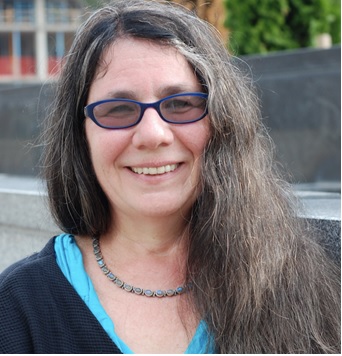 |
Allison Mankin is the Director of Verisign Labs, the research organization of Verisign Inc. Her current research interests focus on DNS and Internet security and privacy and transport protocols. She leads the team producing the open source, extensible, security and privacy oriented DNS stub resolver getdns. Among her positions before Verisign, she was Program Director in the Computer and Network Systems Division at the National Science Foundation, where her work included co-directing the Future Internet Design (FIND) program. Other past positions include Johns Hopkins Applied Physics Laboratory, Lucent Bell Labs, USC/ISI, and Mitre. She has conducted and led large and small research projects on internet infrastructure, transport, and security topics since the mid-80s, including many projects under DARPA and NSF support. |
Past contributions include co-leading the design effort that resulted in IPv6 and contributing strongly to the first and second waves of Internet multimedia. She is been active in the IETF since its start, including serving a total of ten years on the Internet Engineering Steering Group (IESG) and serving as the 2013-2014 nominating committee chair.
Stephan Lechner (Institute for the Protection and the Security of the Citizen, JRC)
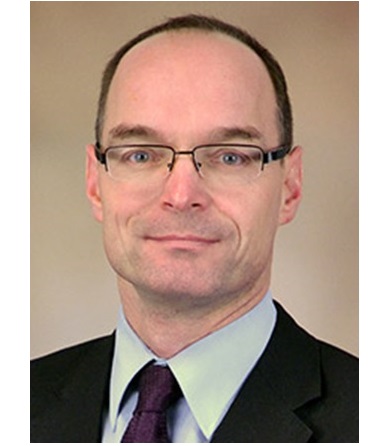 |
Dr. Stephan Lechner is Director of the Institute for the Protection and the Security of the Citizen (IPSC) at the European Commission's Joint Research Centre (JRC). The Dr. Lechner's background is in mathematics and computer sciences and he holds a Ph.D. in cryptography. Before joining the European Commission, Dr. Lechner was Global Department Head for Security Research at Siemens Corporate Research from 2002 to 2007. He worked as Head of Corporate Security and as IT Security in the telecommunications sector in Germany from 1993 to 2002 and started his professional career as a network security researcher at Siemens in 1989. Dr. Lechner was member of the European Security Research Advisory Board (ESRAB) and Member of the Permanent Stakeholders' Group of the European Network and Information Security Agency ENISA. |
He is member of the scientific advisory committee to the German Federal Security Research Programme, member of the Programme Committee of the annual D-A-CH security conference and member of the Cyber Security Co-ordination Group of CEN, CENELEC and ETSI.
Eugene H. Spafford (Purdue University CERIAS)
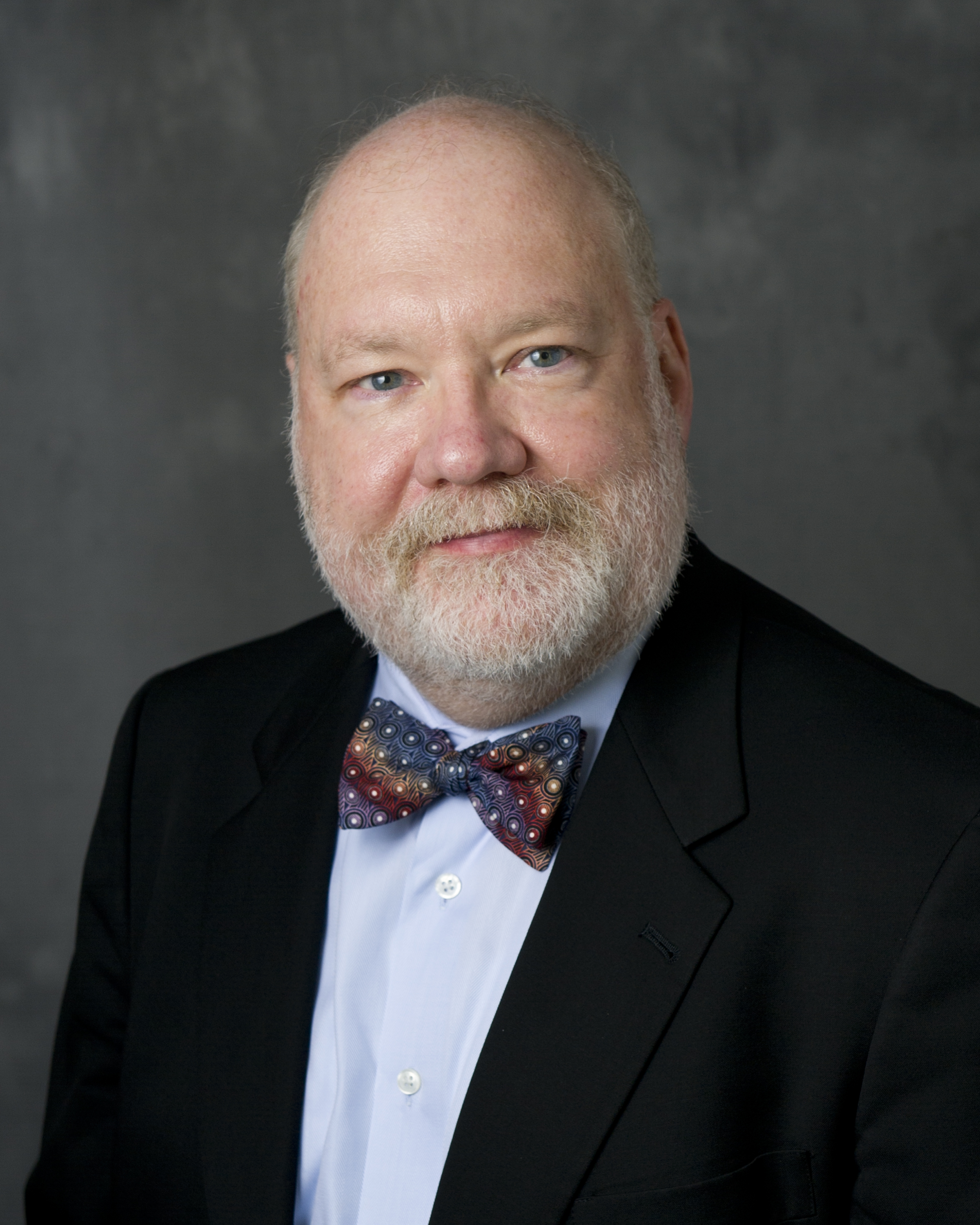 |
Eugene H. Spafford is a professor at Purdue University who specializes in issues of information security, digital forensics, privacy technology, and security and science policy. Among many other things, he is the founder and executive director of CERIAS at Purdue University, and is Editor-in-Chief of the oldest journal in the field, Computers & Security (Elsevier). Spaf, as he is widely known, also operates a consulting company: CSSCS. Dr. Spafford has been working in the field of computing for over 30 years and is responsible for a number of "firsts" in computing. He has been recognized by many major scientific and professional organizations for his many achievements in research, education, and engagement. You can find more specific information about him on his homepage or via his abbreviated academic vita. |
David Chaum
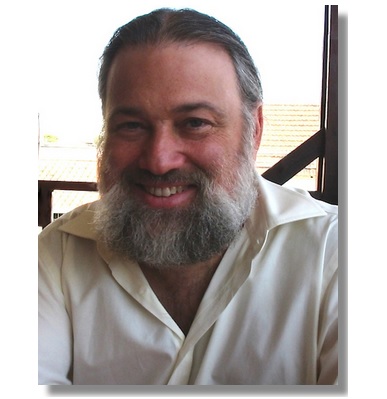 |
Widely recognized as the inventor of digital cash, he is also known for other fundamental innovations in cryptography, including privacy technology and secure election systems. With a PhD in Computer Science from UC Berkeley, he taught at NYU Graduate School of Business and the University of California, lead a number of breakthrough projects as well as founded the International Association for Cryptologic Research, the cryptography group at the Center for Mathematics and Computer Science in Amsterdam, DigiCash, the Voting Systems Institute, and the Spectoccular Technology Fund. |
Moni Naor (Weizmann Institute of Science)
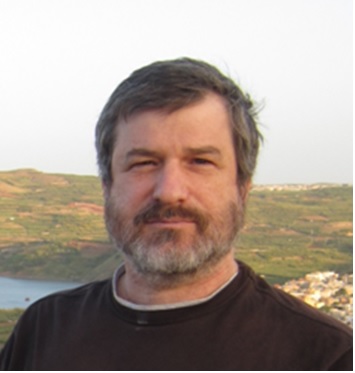 |
Moni Naor is a professor of computer science at the Weizmann Institute of Science in Rehovot, Israel. He was born, raised and educated in Haifa, Israel. He received his B.A. in computer science from the Technion, Israel Institute of Technology, in 1985, and his Ph.D. in computer science from the University of California at Berkeley in 1989. He has been with the IBM Almaden Research Center from 1989 to 1993. In 1993, he joined the Department of Computer Science and Applied Math of the Weizmann Institute of Science, where he is currently the Judith Kleeman Professorial chair. He works in various fields of computer science, mainly the foundations of cryptography. He was named an IACR fellow in 2008 and received the Goedel Award in 2014. |
John S. Baras, Lockheed Martin Chair in Systems Engineering (University of Maryland)
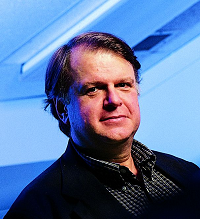 |
Diploma in Electrical and Mechanical Engineering from the National Technical University of Athens, Greece, 1970; M.S., Ph.D. in Applied Mathematics from Harvard University 1971, 1973. Since 1973, faculty member in the Electrical and Computer Engineering Department, and in the Applied Mathematics, Statistics and Scientific Computation Program, at the University of Maryland College Park. Since 2000, faculty member in the Fischell Department of Bioengineering. Since 2014, faculty member in the Mechanical Engineering Department. Founding Director of the Institute for Systems Research (ISR), 1985 to 1991. Since 1991, Founding Director of the Maryland Center for Hybrid Networks (HYNET). Since 2013, Guest Professor at the Royal Institute of Technology |
(KTH), Sweden. IEEE Life Fellow, SIAM Fellow, AAAS Fellow, and a Foreign Member of the Royal Swedish Academy of Engineering Sciences (IVA). Received the 1980 George Axelby Prize from the IEEE Control Systems Society, the 2006 Leonard Abraham Prize from the IEEE Communications Society, the 2014 Tage Erlander Guest Professorship from the Swedish Research Council, and a three year (2014-2017) Senior Hans Fischer Fellowship from the Institute for Advanced Study of the Technical University of Munich, Germany. Professor Baras' research interests include systems and control, optimization, communication networks, signal processing and understanding, robotics, computing systems and networks, network security and trust and model-based systems engineering.
David Pointcheval (Ecole Normale Superieure)
 |
David Pointcheval obtained his PhD in Computer Science from the University of Caen in 1996. Since 1998, he has been a CNRS researcher, in the Computer Science Department at Ecole Normale Superieure, Paris, France, in the Cryptography Team, that he leads since 2005. His research focuses on provable security of cryptographic primitives and protocols. He is an author of more than 100 international conference and journal papers, and an inventor of 11 patents. He has been program chair for several international conferences in cryptography, including PKC 2010 and Eurocrypt 2012. He has recently been awarded an ERC Advanced Grant on the Privacy for the Cloud. |
Jan Camenisch (IBM Research, Switzerland)
 |
Jan Camenisch is a Principal Research Staff Member at IBM Research - Zurich. He holds a Diploma in Electrical Engineering Science from the ETH Zurich (1993). He then worked at Martignoni Electronics, Switzerland, on the design of modems. He has received his Ph.D. from ETH Zurich in 1998. Thereafter, he became a Research Assistant Professor in Computer Science at the University of Aarhus, Denmark. Since 1999, Dr. Camenisch has been a Research Staff Member at the IBM Zurich Research Laboratory, where he has been working in cryptography, network security and privacy. He published over 90 refereed papers in this area and was a chair of a few and a member of numerous scientific program committees and teaches a course on technologies for privacy protection at ETH Zurich. |
Dr. Camenisch was the technical leader of the EU-funded project PRIME and PrimeLife. Dr. Camenisch is an IEEE Fellow and has received a number of awards for this work on privacy-enhancing technologies including the 2013 IEEE Computer Society Technical Award and the 2010 ACM SIGSAC Outstanding Innovation Award. His interests include cryptographic protocols, in particular those supporting privacy and anonymity, and practical secure distributed computation.
Bruce Schneier
 |
Bruce Schneier is an internationally renowned security technologist, called a "security guru" by The Economist. He is the author of 13 books -- including Data and Goliath: The Hidden Battles to Collect Your Data and Control Your World -- as well as hundreds of articles, essays, and academic papers. His influential newsletter "Crypto-Gram" and his blog "Schneier on Security" are read by over 250,000 people. He has testified before Congress, is a frequent guest on television and radio, has served on several government committees, and is regularly quoted in the press. Schneier is a fellow at the Berkman Center for Internet and Society at Harvard Law School, a program fellow at the New America Foundation's Open Technology Institute, a board member of the Electronic Frontier |
Foundation, an Advisory Board Member of the Electronic Privacy Information Center, and the Chief Technology Officer at Resilient Systems, Inc.
Janne Pirttilahti (F-Secure Corporation, Finland)
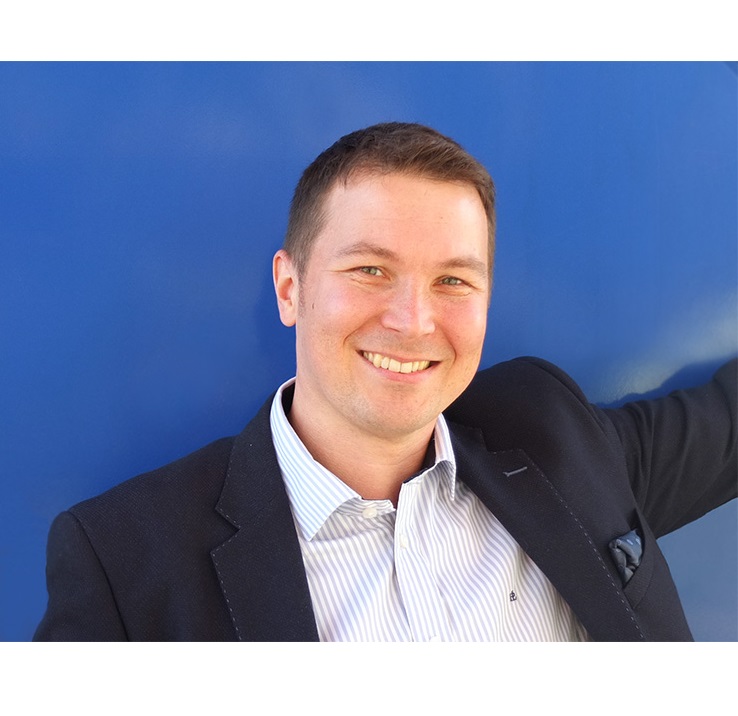 |
F-Secure Next Gen Security Product Director Janne Pirttilahti has worked in the software industry since late 90s, focusing on data security and privacy solutions for the past decade. Janne has spent 2.5 years working on an App with only 1 button in it! Founded as a start-up project within the F-Secure Corporation, the Freedome VPN app has enjoyed exponential growth in popularity, becoming one of F-Secures' recent success stories. The VPN market is exploding and F-Secure Freedome has already taken a sizeable share of it. |
Paolo Palumbo (F-Secure Corporation, Finland)
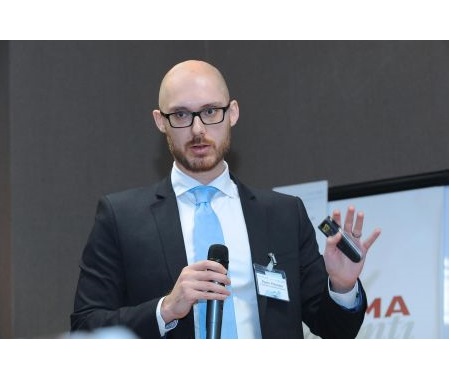 |
Paolo Palumbo is an internationally known expert in the fields of computer security and reverse engineering. He has been interviewed by Formiche.net, Automazione Industriale and has been featured on Il Sole 24 Ore, Digitalic and more. He holds several patents in the security field and has filed numerous applications for security products and features that are currently being processed. Over the years he has presented his research at a number of events and conferences, including RSA and a number of restricted conventions and conferences exclusive to select IT security and law enforcement personnel. He has been a recurring lecturer for university courses in Reverse Engineering for Malware Analysis. |
Daniele Vitali (Reply Group Company, Italy)
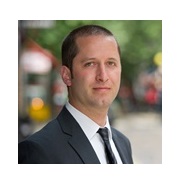 |
Daniele Vitali is an Associate Partner in Communication Valley Reply, the Reply Group Company focused on Security as a service, Security Operations Centre and Fraud Management services. He is responsible for portfolio innovation, R&D and engineering of security intelligence activities on a portfolio of hundreds of clients across EMEA. |
Renaud Sirdey (CEA-LIST, France)
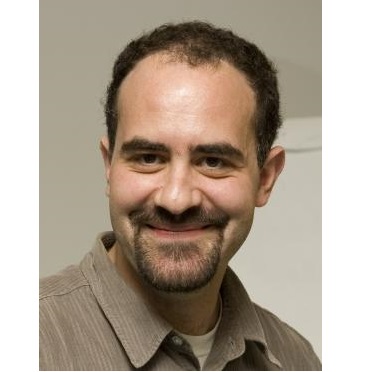 |
Renaud Sirdey, PhD, HDR, is a Research Director at Commissariat a l'Energie Atomique (CEA), the French DoE. His main research interests include parallelism, compilation, discrete optimization as well as applied cryptology. Prior to his current responsibilities, after spending around 10 years as a system architect in the telecom industry, he has most notably led the research team which designed a complete industry-grade dataflow compiler for the 256 cores MPPA architecture as well as served as head of the Embedded Real Time & Security Lab. As early as end 2010, while leading a CEA internal research project on cloud computing security, he has started to work on compilation and RTE for building a practical homomorphic encryption-based cryptocomputing technology. In that respect, he is now dedicated full time to the development of this technology through |
the leadership or contribution to several European and French national R&D projects (among which EIT Digital project HC@WORKS which he is coordinating). On the more academic side, he is the author or co-author of over 35 refereed research papers, several popular science papers, as well as more than 5 granted patents.
Jovan Golic (EIT Digital and Telecom Italia IT)
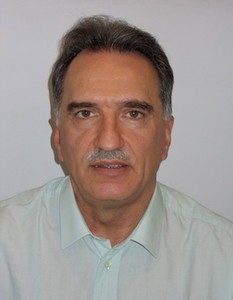 |
Jovan Golic has been doing research in cryptology and information security for about three decades, both with academic institutions and industry. He has contributed to the areas of stream ciphers and pseudorandom number generators including new cryptanalytic methods and design principles, true random number generation in hardware, secure hardware implementations of cryptographic algorithms, format- and syntax-preserving encryption methods, biometric authentication, statistical anomaly detection and intrusion detection, authentication in ad hoc networks, privacy-preserving user profiling, security in information-centric networks, and secret key sharing and key agreement protocols. He has published more than a hundred papers in prestigious international journals and book series and a dozen patents or patent applications. He is a Senior Technical Leader at the Security Lab of Telecom Italia Information Technology. |
Since July 2013, he has been the Action Line Leader for Privacy, Security & Trust of the EIT Digital (ex EIT ICT Labs).
Bruno Crispo (University of Trento, Italy)
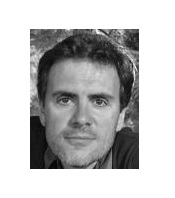 |
Bruno Crispo is Full Professor at KU Leuven in Belgium. He is also affiliated with the University of Trento in Italy. Prior to that, he worked as Associate Professor at the Vrije Universiteit in Amsterdam in the Netherlands, and as researcher at the Stanford Research Institute in Cambridge, US. He has been Managing Director of Cryptomathic Italia SpA. He received his Ph.D. in Computer Science from the University of Cambridge, UK, in 1999. His main research interests include security in large distributed systems, RFID and smartphone security and privacy, security protocols, encrypted databases and access control. He holds two patents. He has published a book and more than 120 research papers on these topics in academic journals and international conferences. He has also been a participant in several international projects in the area of security and privacy. |
He regularly teaches courses at BA and MSc level in the area of operating systems and network and computer security. He has been chair of the 2011 IFIP PhD Summer School on Privacy and Identity Management. He is member of ACM and senior member of IEEE.
Navigation
Important Dates
- CySeP dates:
October 20 - 23, 2015
Registration deadline:
October 16, 2015
(or until all seats are taken)
Poster/demo deadline:
October 16, 2015
Contact
- Panos Papadimitratos
- Email: papadim@kth.se
- Tel: +46 8 790 4263
(on campus, dial 4263)


